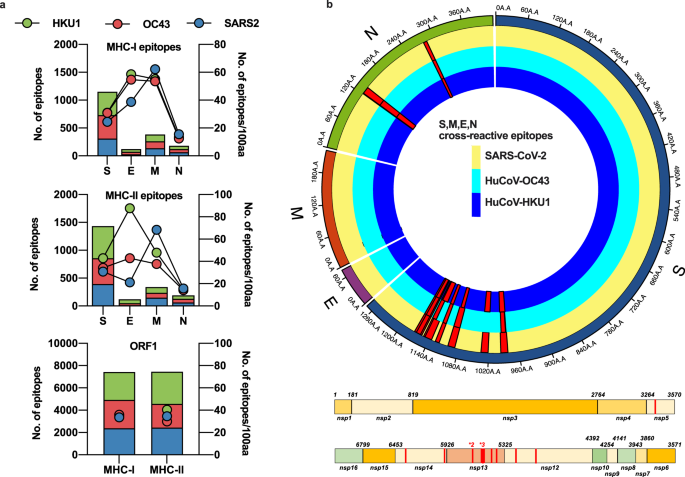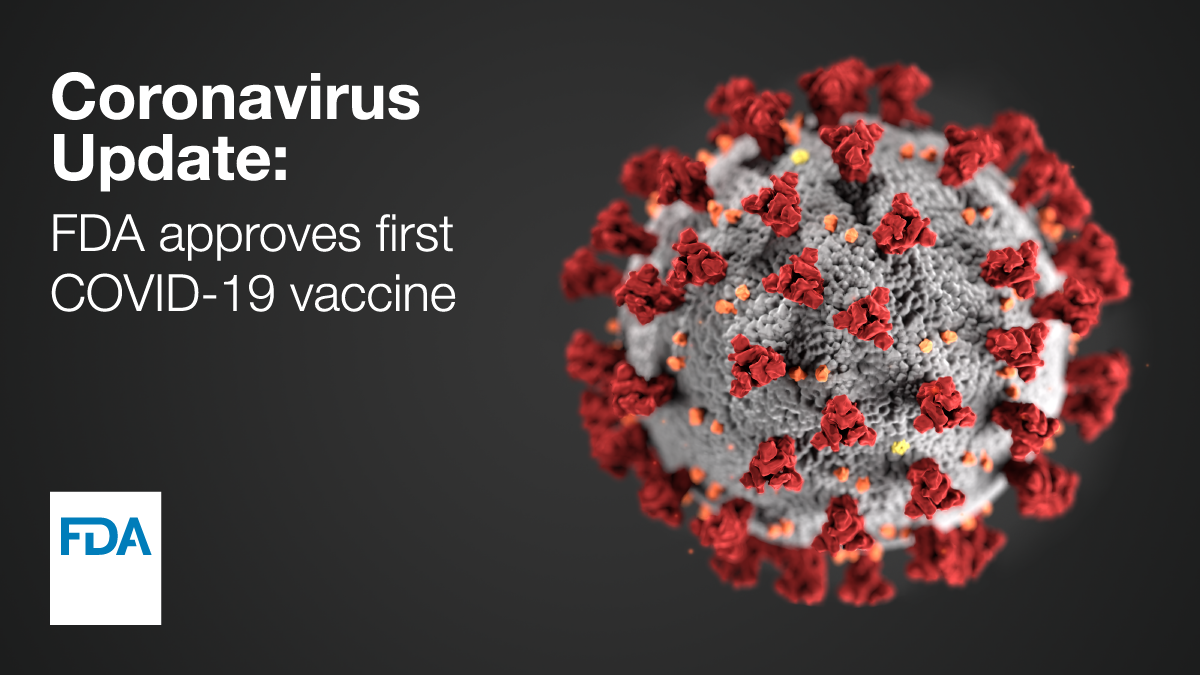Before listening to the scientific community, I would have no reason/basis to know myself whether Covid-19 natural immunity beats vaccine immunity or vice versa. Therefore, I tend to go with the prevailing most credible science and other meaningful contextual clues, all weighted for the risks of each avenue to immunity.
For example:
Whether it's specific studies and/or the well-informed opinions of highly educated/trained/experienced doctors and researchers, science seems to suggest that Vaccine immunity (at least via double dose of Pfizer or Moderna, even before being boosted) beats Natural immunity, especially after considering the risks/costs to acquire one vs the other:
-- Johns Hopkins --
"Natural immunity is the antibody protection your body creates against a germ once you’ve been infected with it. Natural immunity varies according to the person and the germ. For example, people who have had the measles are not likely to get it again, but this is not the case for every disease. A mild case of an illness may not result in strong natural immunity. New studies show that natural immunity to the coronavirus weakens (wanes) over time, and does so faster than immunity provided by COVID-19 vaccination."
https://www.hopkinsmedicine.org/hea.../covid-natural-immunity-what-you-need-to-know
-- Nebraska Medicine -- "
What about that Israeli study suggesting natural immunity is stronger? Infectious diseases expert James Lawler, MD, MPH, FIDSA, carefully evaluates the study design of the retrospective Maccabi Health System study in his Aug. 31 briefing. In the briefing, he identifies two concerning sources of error that were not corrected for: survivorship bias and selection bias"

echo360.org
-- British Society for Immunology -- "
It's likely that for most people vaccination against COVID-19 will induce more effective and longer lasting immunity than that induced by natural infection with the virus."

www.immunology.org
Example of a contextual clue --
the NCAA's most recent isolation policies -- per
https://www.ncaa.com/news/ncaa/arti...eases-updated-covid-19-guidance-winter-sports
"
Those considered fully vaccinated include people:
Within two months of having completed the primary series of the Johnson & Johnson vaccine (one dose).
Within five months of having completed the primary series of the mRNA Pfizer vaccine, or within six months of having completed the primary series of the mRNA Moderna vaccine (two doses for both).
Who have received a booster vaccine if they are beyond two months of the Johnson & Johnson vaccine or beyond five or six months of the mRNA Pfizer or Moderna vaccine, respectively.
A person who has had a documented COVID-19 infection in the past 90 days is considered the equivalent of "fully vaccinated."
The contextual clue here is that Pfizer & Moderna "full vaccination" (2 doses) is considered by the NCAA, with plenty of medical input and the awareness that they are subjecting themselves and/or member schools to potential litigation risk if they get it wrong, to provide longer immunity (
5 months assumed protection) than is mere Covid-19 infection without any vaccination (
3 months assumed protection.)
Side note -- It's interesting to me that the J&J shot (long considered the redheaded stepchild of the 3 manufacturers when it comes to Covid vaccine efficacy), if unboosted, is apparently considered inferior to natural immunity (2 months vs. 3 months), or else they're erring on the side of caution with J&J if they are awaiting more data here.
One very important consideration should be obvious to all who aren't partial to RFID chip implantation/infertility type conspiracy thinking and fear-mongering...
The Risks/Costs of Acquiring Immunity -- for the overwhelming majority of the population, acquiring immunity via vaccination certainly carries with it a much lower risk profile, to the person gaining that immunity and to the community he/she comes in contact with, than does acquiring immunity by getting infected (considering all Covid-19 strains to date, not just Omicron.)
Good night.


